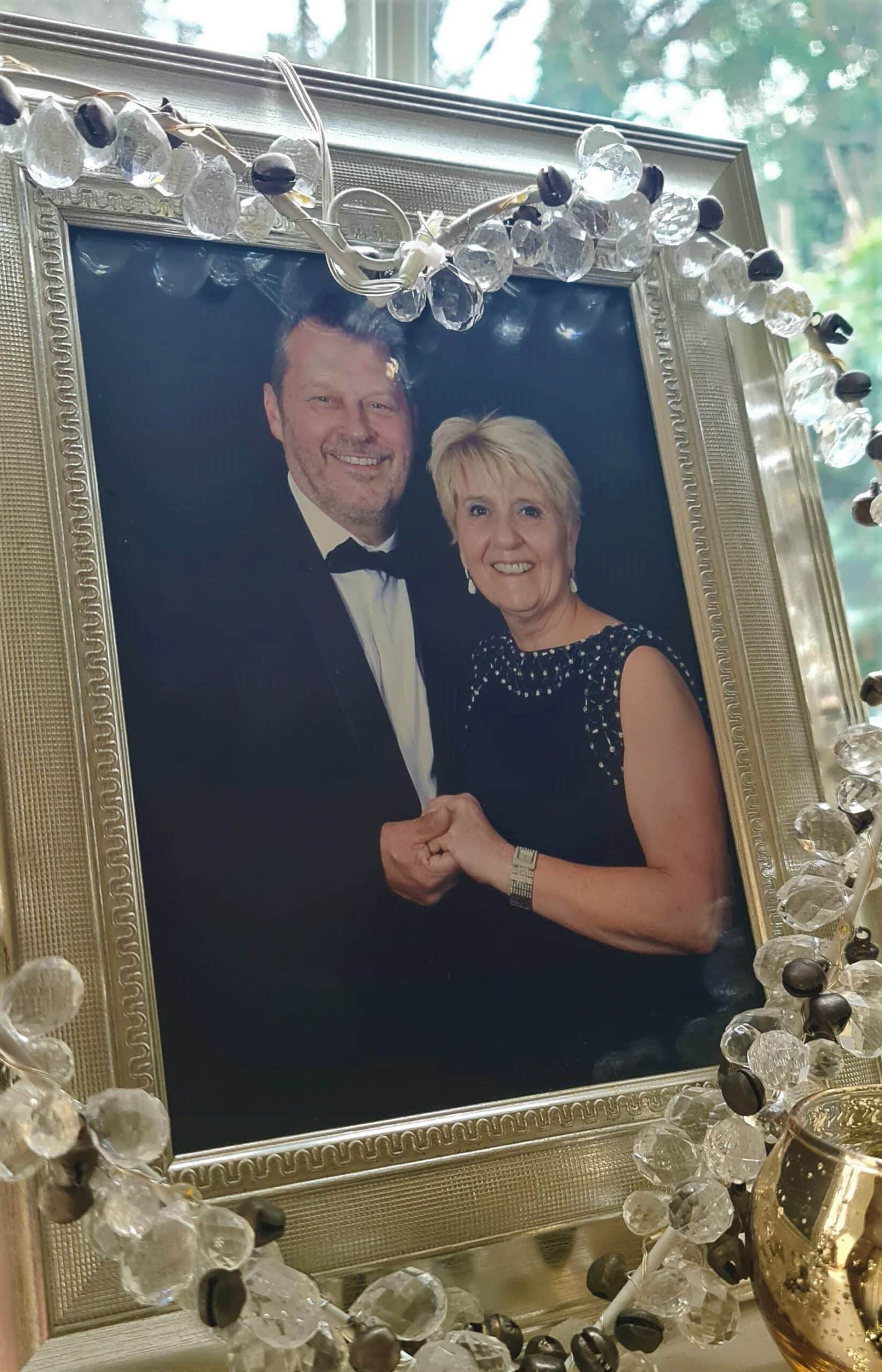Awareness – Progressive Supranuclear Palsy (PSP)

Barry Wooding
After visiting the Wooding family, I was given a snippet into the life of Barry Wooding.
Barry was never one to stay still. An avid player of football and cricket in his youth, he enjoyed being active. To test his limits, he would take part in competitions to run half and full marathons, being able to complete a full marathon in 3 hours and 30 minutes! An impressive feat, a testament to his athleticism.
Barry was also passionate about nature. For anyone who has tried gardening, will understand the delicate hand needed for plants to flourish. He worked diligently on his garden, his hard work frequently recognised and receiving multiple awards for its’ outstanding arrangement.
Having an appreciation for nature, Barry would also go bird spotting to hunt for rare sights of different species.
Barry met Patricia in the 70’s, while working together for a Civil Service organisation. Marrying in 1996, they worked with the organisation until it was eventually dissolved and the pair were made redundant. The Wooding family decided to retire, using their time to volunteer and travel the world.
Progressive Supranuclear Palsy – PSP
People who are diagnosed with Progressive Supranuclear Palsy (PSP) develop difficulties with balance, movement, vision, speech and swallowing. It’s caused by increasing numbers of brain cells becoming damaged over time.
It currently affects 1 in 4000 people within the UK.
Early symptoms include:
- Sudden loss of balance, resulting in multiple falls, often backwards
- Muscle stiffness
- Extreme fatigue
- Changes in behaviour and personality
- Dislike of bright lights and difficulty controlling eye muscles
The symptoms are very similar to Parkinson’s disease at this stage. PSP symptoms will become more severe over time, causing significant problems with balance and mobility, making walking impossible.
Speech will become quiet and slurred, making it harder to understand.
Lastly, thinking and concentration deteriorates. However, the person will normally retain awareness of themselves.
Spreading Awareness
Unfortunately, there is currently no cure for PSP. Barry started experiencing falls in 2019; falling backwards without any notice and his cognitive ability started to deteriorate. He has now had to stopped the activities he loved, like gardening and bird watching.
Barry is an inspiration, always pushing his limits and making the most of his strength. Being diagnosed with PSP must have been hard to accept after leading an active lifestyle, but he hasn’t lost his sense of humour. Especially with his carer, Carolyn, he cracks a small joke to lighten the mood.
Not many people have heard of Progressive Supranuclear Palsy. There is a lack of awareness on how this affects people’s lives, which can isolate care givers.
Patricia follows a routine with Barry, having assistance from Caremark Bromley carers twice a day, once in the morning and evening. She receives help from Mind once a week for a three hour sit-in which allows Patricia some time to herself. This is not enough time to be able to switch off without worrying about Barry’s wellbeing.
Patricia joined an online zoom meeting during lockdown and has found other people within the local area who have also been diagnosed with PSP. This allowed her to meet people who understand her and Barry’s situation.
Giving Patricia the assistance to ensure Barry’s wellbeing each day is another way we are achieving our mission to provide high quality care to vulnerable adults and children.